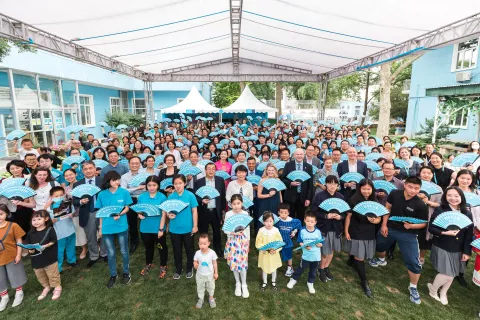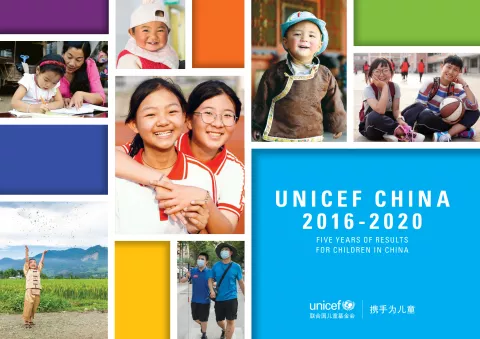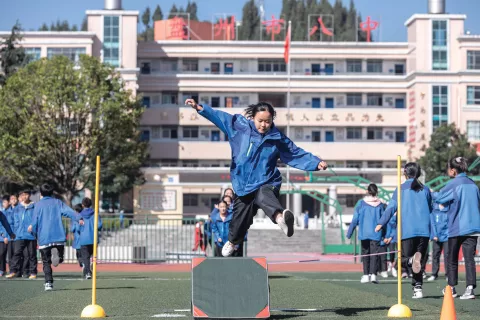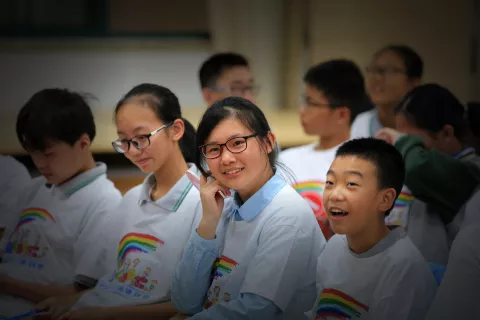EARLY CHILDHOOD DEVELOPMENT (ECD)
A UNICEF PRIORITY FOR 2021-2025
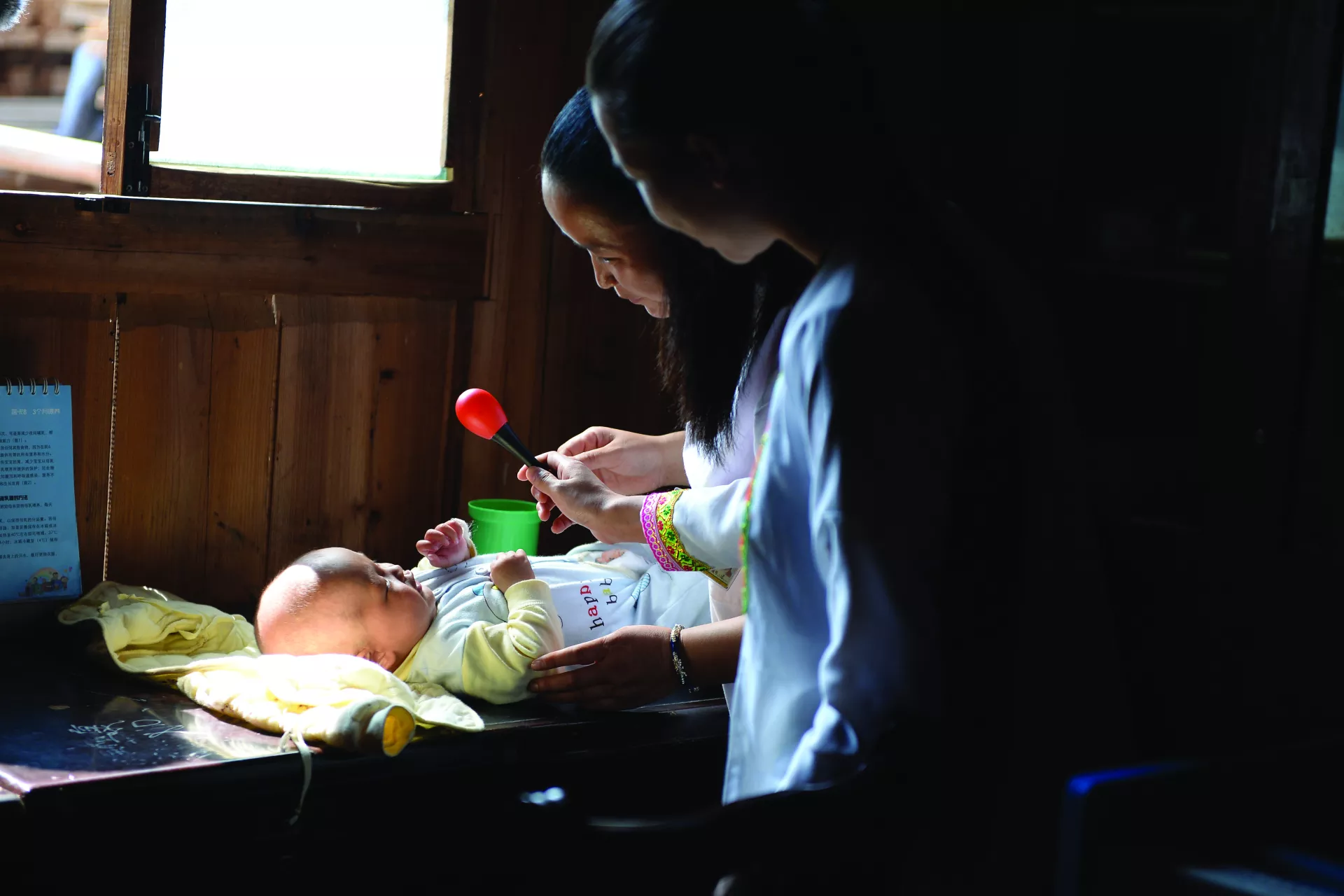
- Available in:
- 中文
- English
Highlights
The years from pregnancy to a child turning 3 years old are critical and lay the foundation for lifelong health and learning. In the first few years of life, the brain grows rapidly: more than 1 million new neural connections are formed every second. The brain doubles in size in the first year and keeps growing to about 80 per cent of adult size by age 3 and 90 per cent – nearly full grown – by age 5.
Quality support in early life is efficient and cost-effective, with long-term benefits such as reductions in violence, depression and social inhibition, and improvements in adult health, learning and productivity. In China, nearly 17 million children under 5 years old are unable to reach their full potential and are at risk of early developmental delays and disability. Children from disadvantaged communities may be at greater risk of deprivation of care and limited access to healthcare, early learning, social welfare and protection.
UNICEF is working with partners to increase investment in ECD care, help parents understand the importance of ECD, and encourage governments and employers to enact policies that support ECD. Evidence shows that young children benefit most when their family is the core provider of early childhood development support, and UNICEF advocates for policies and programmes that empower parents to be the primary caregivers for children 0-3 years of age.


